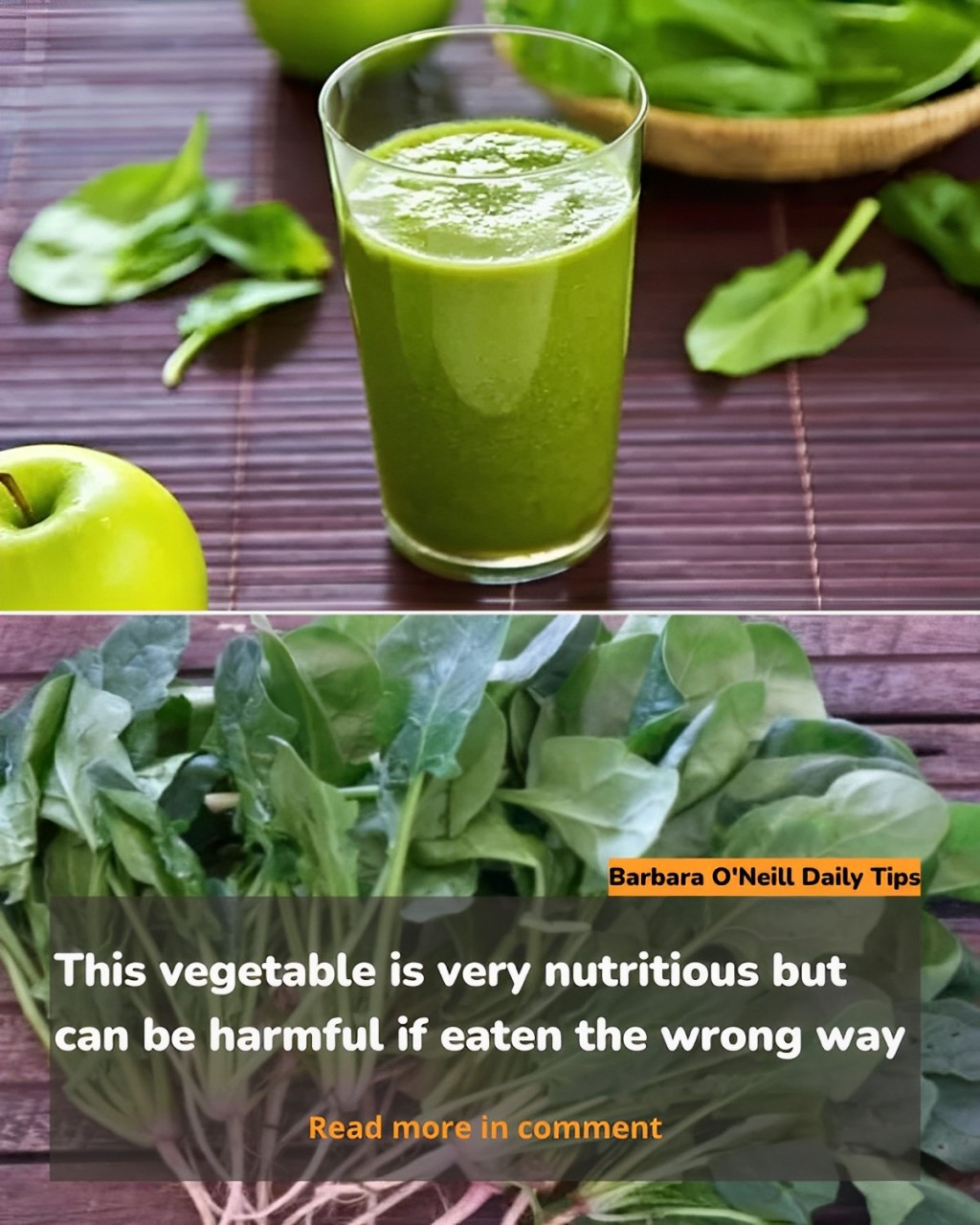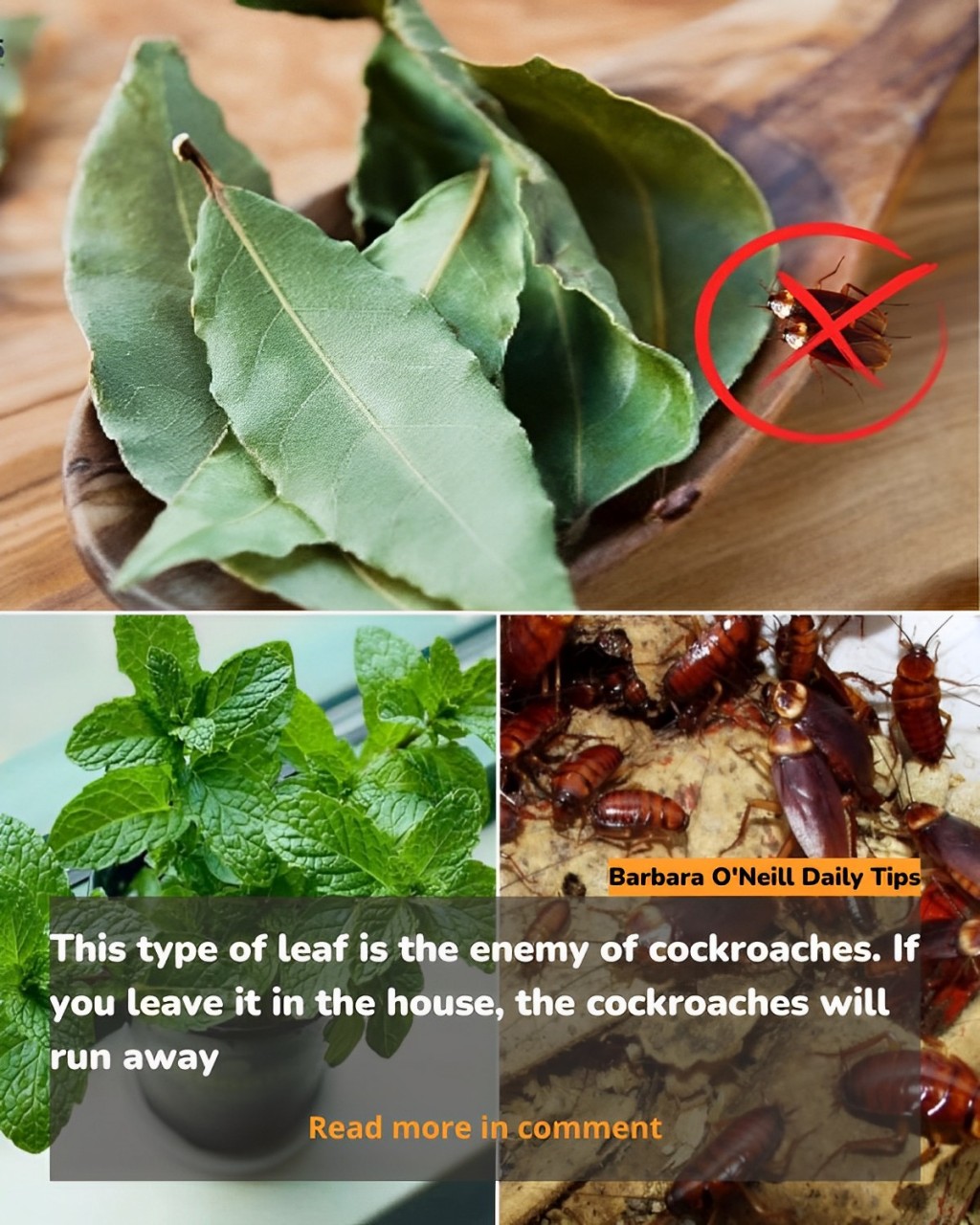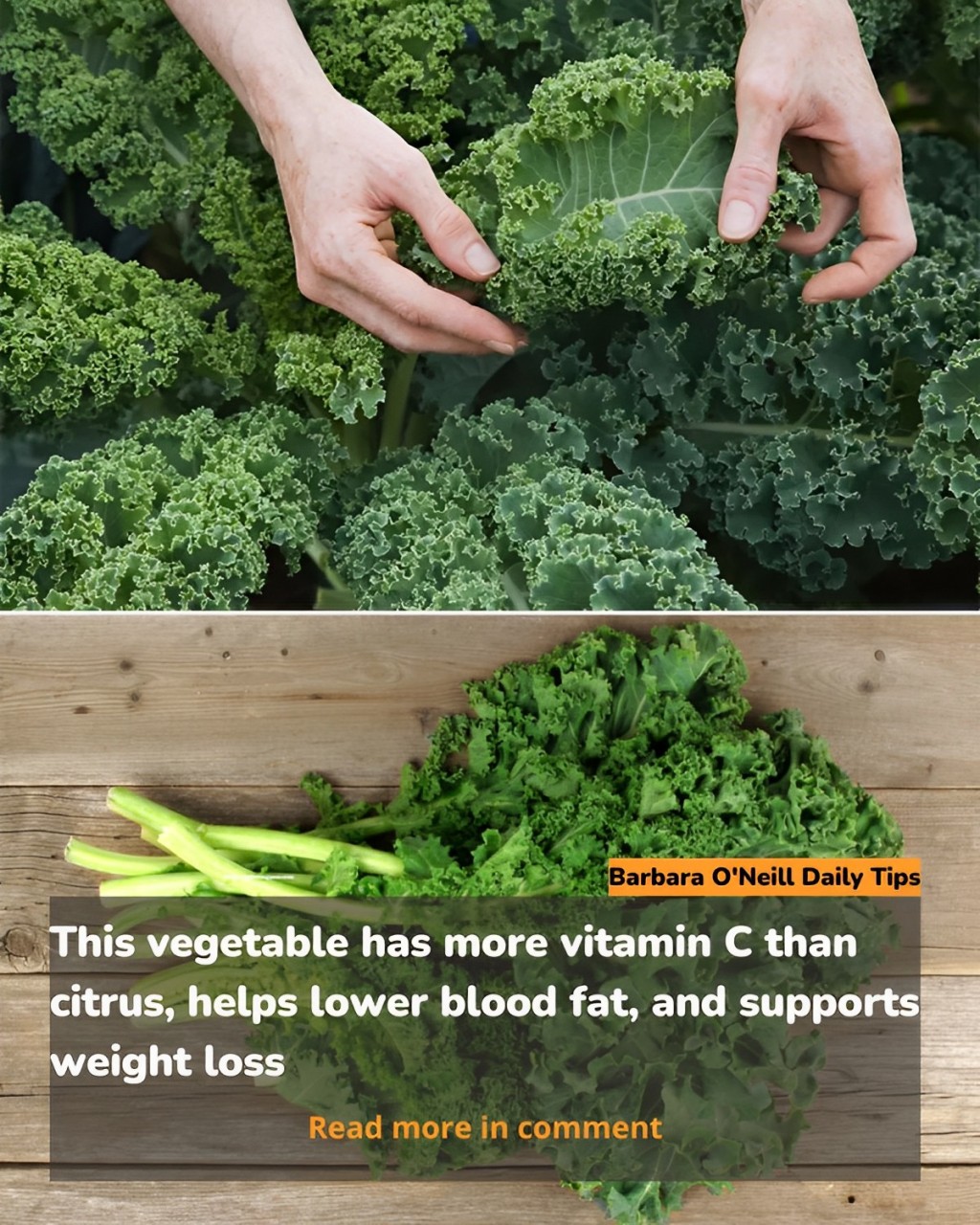You’ve probably been cooking hard-boiled eggs the wrong way. Discover how to peel them in record time with this technique.
Benefits and Properties of Eggs
Eggs are a food rich in high-quality proteins, containing amino acids essential for our body to build cells. While it’s true that eggs are high in cholesterol, it’s important to note that the yolk contains lecithins, which help with the activity of the “good” cholesterol, HDL.

Moreover, an egg generally contains only 2 grams of fats and is a source of a significant amount of vitamin K2, iron, calcium, and phosphorus, in addition to B vitamins. Above all, eggs are rich in proteins, with as much as 13 grams per 100 grams of hard-boiled egg. Consuming these proteins is important for strengthening both bones and muscle mass, which is beneficial for those engaging in physical activities to define their muscles.

Adequate protein intake also prevents some symptoms of motor aging. Furthermore, eggs are perfect for those following a particular diet to lose weight, as they quickly create a feeling of fullness. Lastly, the choline contained in eggs is essential for keeping cells healthy.
Peeling Hard-Boiled Eggs in Seconds: The Cooking Method
To fully assimilate all the nutrients and nutritional benefits of eggs, much depends on the cooking method used. For hard-boiled eggs, cooking them the wrong way can make peeling difficult and slow, which can be annoying. So, how can you peel them in seconds?

First, we should not boil eggs directly in water. When we do, the eggs are hard to peel, the shell comes off in small flakes, and usually, it takes away pieces of the egg. Additionally, to start peeling eggs cooked this way, you have to wait at least 3 minutes so they are not boiling hot.
Using a Japanese cooking technique, our hard-boiled eggs will be softer, and the shell will lift more easily. Take the required number of eggs, clean them, and place them in a bowl. Here, add baking soda and a teaspoon of salt, then immerse them in water, stir, and leave to soak for 5 minutes.

The Japanese Trick to Peel Eggs in No Time
After this time, rub the eggs with a cloth or towel. This way, they will be thoroughly cleaned, thanks to the action of salt and baking soda, which are useful for sterilizing and softening dirt.
Now immerse the eggs again in water but add a tablespoon of white vinegar. The vinegar, reacting with the calcium carbonate of the eggshells, will make peeling easier.

Once this step is completed, put water in a pot and add a teaspoon of salt. The latter is particularly useful because the chloride ions in the salt will increase the space between the shell and the inside of the egg. When the water boils, immerse the eggs and let them boil for 8-10 minutes.
Once ready, transfer them to cold water. When our hard-boiled eggs have cooled and are ready to be peeled, tap them lightly and pinch the shell, then pull the pieces that have formed. You will notice that the shell comes off in large pieces, almost in one piece, allowing you to peel our hard-boiled eggs in just a few seconds.





